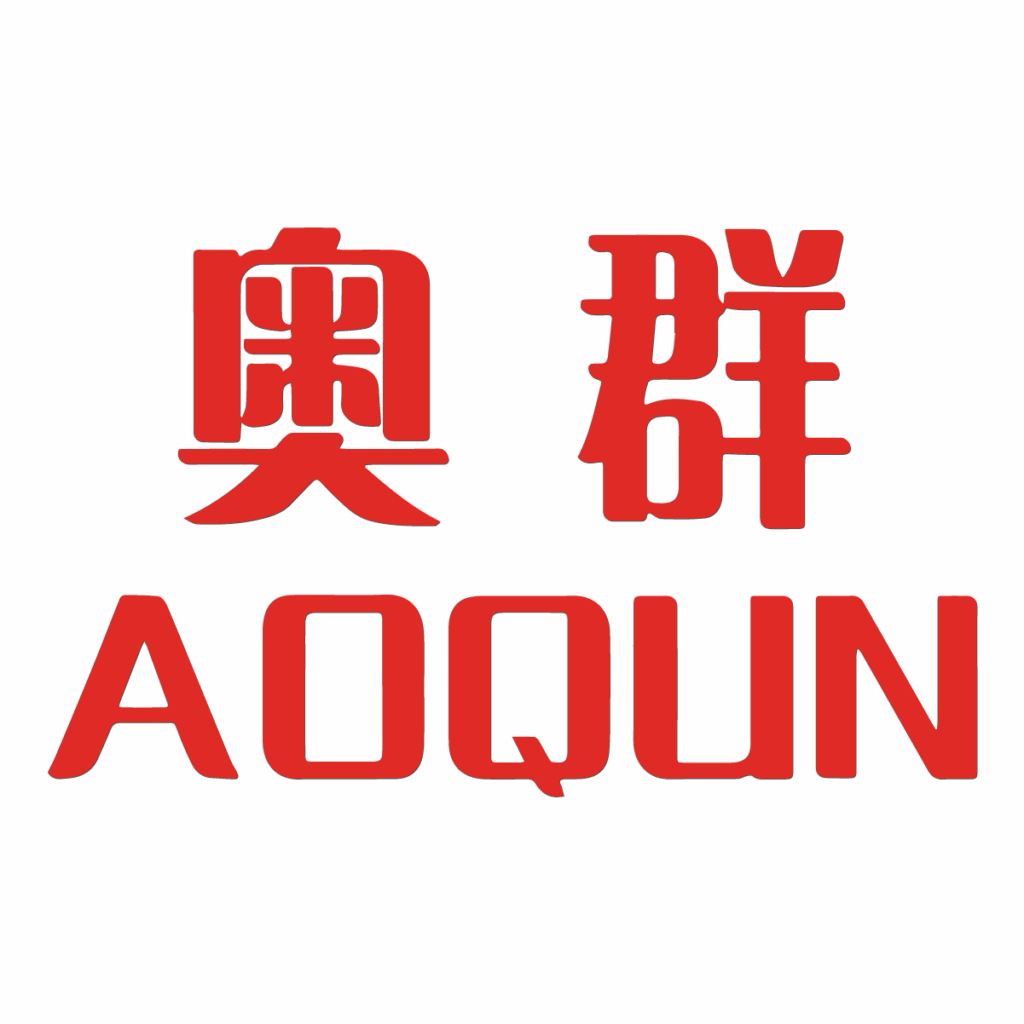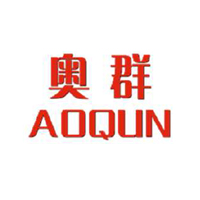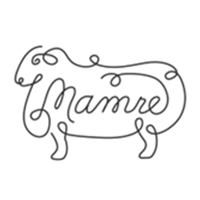


ICA – Intellectual Capital Arabia (UAE): Established in 2007 and headquartered in Dubai, ICA provides strategic business development and regional market expertise. It leverages experience gained from identifying and managing international partnerships and developing its own operations, such as its extensive apiary network across 27 countries (producing 500 MT of honey yearly for its Balqees™ & Raw Honey™ brands).

Aoqun (China): A leader in China’s sheep husbandry sector since the late 1980s, Aoqun contributes the core genetics and large-scale production systems expertise. They possess significant capabilities in adapting premium breeds, breeding technologies, farm management, and specifically, intensive production systems proven in desert environments. Their decade-long development of specialized genetics results in an annual output exceeding 3 million lambs across China. Aoqun’s diversified operations also include equipment manufacturing, technology solutions, and scientific research.

Mamre (South Africa): With roots dating back to 1992 and operating full-time since 2005, Mamre offers specialized, hands-on expertise in intensive sheep farming systems. Through dedicated R&D, Mamre has pioneered advanced production techniques, optimizing productivity and efficiency, making them a leader in creating optimal environments for high-yield, modern sheep farming.

Proc-Global is a digital-oriented boutique consulting firm established in 2006. Our integrated solution includes Advisory Services, Expert services, Cost Consultancy and Commercial Management, Claim Management and Dispute Resolution Services, and Programme and Project Management Services.
For the last 17 years, Proc-Global has expanded its operations from the UK to Europe, the Middle East, the Far East, North Africa, and North America, providing its services in projects and investments that exceed USD 16. 5 billion.


CEO, ICA

CEO, Aoqun

CEO & Executive Director, PROC Global

CEO, Mamre

COO, Mamre
Headquartered in the UK, ICS (Intellectual Capital SISPA) is a groundbreaking joint venture set to revolutionize intensive sheep production worldwide through its proprietary “SISPA Circles” framework. This net-zero, circular economy model integrates the unique strengths of four international leaders: Aoqun (China), providing proven desert-adapted genetics and large-scale desert production systems; RB Enterprise (Canada), contributing innovations in sustainable agriculture and management; Mamre (South Africa), bringing specialized expertise in intensive sheep production systems; and Intellectual Capital Arabia (UAE), bringing strategic business development skills and significant expertise from its international honey operations. By merging world-leading expertise with cutting-edge regenerative methods, ICS aims to establish a new global benchmark for efficient, environmentally positive livestock production and contribute significantly to food security and economic diversification.
“To pioneer the global shift to organic, net-zero agriculture through the widespread implementation of the SISPA Circles model, demonstrating truly sustainable and resource-positive livestock production at scale.”
“To revolutionize sheep production using organic, regenerative agriculture and circular economy principles to build efficient, zero-waste systems that improve environmental health and resource use.”
ICS’s unique SISPA approach achieves the lowest cost per kilogram for lamb production. This cost leadership is accomplished by integrating ideal genetics, proven Standard Operating Procedures (SOPs), and a closed-loop circular economy model specifically designed to minimize feed costs throughout the production cycle. As a result, ICS maximizes partner profitability while ensuring the lowest possible water and carbon footprint for its lamb operations. Furthermore, the versatility of the SISPA system allows for the synergistic production of fish and honey, diversifying the outputs and optimizing resource utilization across the multiple integrated agricultural domains inherent in the SISPA Circles framework.
At the heart of ICS’s vision is the proprietary “SISPA Circles” framework – a patent-pending concept for a net-zero, intensive agricultural system. This innovative framework is designed to integrate 10 distinct agricultural domains into a self-sustaining circular economy, aiming to revolutionize resource use in livestock production.
While the full SISPA Circles model is targeted for future implementation, starting with a POC and Pilot projects, its development leverages the proven expertise and operational success of key partners, particularly Aoqun. For over 10 years, Aoqun has refined its own high-tech, intensive sheep production system, demonstrating significant success, especially in challenging desert environments. This system utilizes exclusive Aoqun genetics (selectively bred for optimal taste, prolificacy, fertility, year-round lambing, ADG, and FCR) combined with optimized conventional feeding protocols.
Aoqun’s established methods and genetics are already achieving significant scale, yielding over 3 million lambs annually across various sites in China, including 1.5 million produced specifically within their advanced desert facilities. This demonstrates proven capability in large-scale, intensive desert sheep farming.
Building upon this foundational expertise and proven large-scale operational capability, ICS’s flagship initiative is a megaproject in the Kingdom of Saudi Arabia (KSA). This strategic initiative is intended to be the first large-scale implementation of the full SISPA Circles framework. The goal is to establish a net-zero, low-cost, sustainable lamb production system in KSA within the next decade, centered around developing a flock of 4 million ewes capable of yielding 10 million lambs annually, thereby validating and scaling the SISPA Circles model.
The power of ICS lies in the strategic integration of its partners’ complementary strengths. By combining ICA’s business acumen and regional network, Aoqun’s proven genetics and large-scale systems, RB Enterprise’s sustainable farming innovations, and Mamre’s intensive production expertise, ICS drives technological and sustainable advancements. The SISPA Circles framework exemplifies this synergy, creating a closed-loop ecosystem that maximizes resource efficiency and establishes a new benchmark for environmentally positive livestock production. This comprehensive approach enables ICS to support global food security, promote environmental sustainability, and foster economic diversification in its target markets.
ICS reaffirms its commitment to sustainable sheep production through innovative technologies and practices. Our outlook is focused on expanding our impact globally, continually improving our production methods, and contributing to the transformation of the agricultural sector towards more sustainable and efficient practices. As we move forward, ICS aims to set new industry standards, foster international collaborations, and play a pivotal role in addressing global challenges related to food production, environmental sustainability, and economic development.



